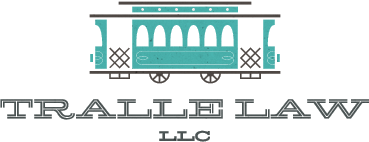Updating Your Estate Plan
April 12, 2013
It is important to re-evaluate our estate plans at different points in our lives. The re-evaluation may simply be a review with no changes. The re-evaluation may lead to a completely new estate plan. Retirement is one of those points where it is good to re-evaluate your estate plan (or, alternatively, draft your first estate plan).
Many things have likely changed from a first estate plan to your estate plan after retirement. First, many people first get an estate plan when they have young kids. Generally speaking, when you have decided to retire your kids are no longer under 18. In fact for many, they have aged beyond the distribution age of the Trust that may have been set up.
Second, while you may not have needed tax planning in your first estate plan, you may now. The house may be paid off (or close to being paid off); a second home or time-share may have been purchased; and retirement assets have been growing for 30 or 40 years.
Third, a traditional Will and/or Trust may no longer be the most appropriate method for distributing assets. Beneficiary designations, Payable on Death designations, and re-titling assets may be the most effective way to distribute assets. It is important to discuss this with an attorney because there are important pros and cons to consider.
Finally, people and organizations change. People originally named as beneficiaries, guardians, or personal representatives may no longer hold the key role in your life, or if they are a parent, they may have passed on. Organizations that you may once have donated money or property to may no longer be as important, no longer exist, or you may even want to increase your donation.
Updating your estate plan is important. Retirement is a good time to update. If you need to update your estate plan, Claire can help. Email or call her today: Claire@trallelaw.com or 612-386-7560.

No Comments Yet
You can be the first to comment!
Leave a comment